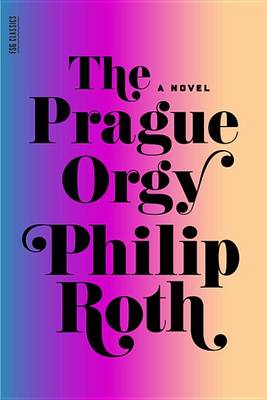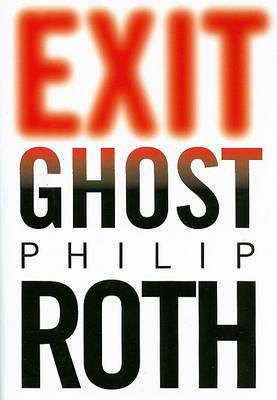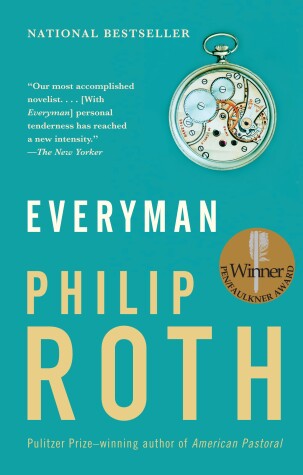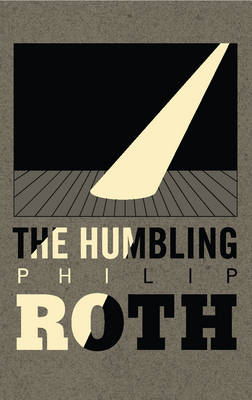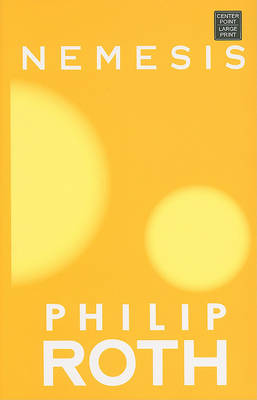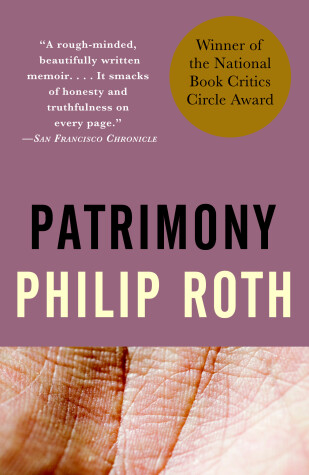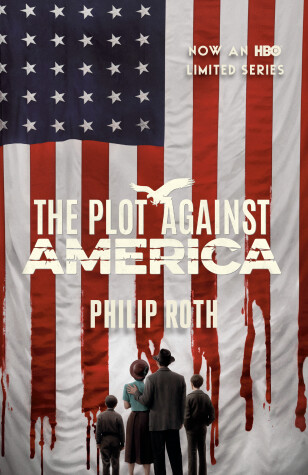Vintage International
31 total works
In search of the unpublished manuscript of a martyred Yiddish writer, American novelist Nathan Zuckerman travels to Soviet-occupied Prague in the mid-1970s. There, in a nation straightjacketed by totalitarian Communism, he discovers a literary predicament marked by an institutionalised oppression that is rather different from his own. He also discovers, among the subjugated writers with whom he quickly becomes embroiled in a series of bizarre and poignant adventures, an appealingly perverse kind of heroism.
The Prague Orgy, consisting of entries from Zuckerman's notebooks recording his sojourn among these outcast artists, completes the trilogy and epilogue Zuckerman Bound. It provides a startling ending to Roth's intricately designed magnum opus on the unforeseen consequences of art.
The once irresistible Amy is now an old woman depleted by illness, guarding the memory of that grandly austere American writer who showed Nathan the solitary path to a writing vocation. The third connection is with Lonoff's would-be biographer, a young literary hound who will do and say nearly anything to get to Lonoff's "great secret". Suddenly involved, as he never wanted or intended to be involved again, with love, mourning, desire, and animosity, Zuckerman plays out an interior drama of vivid and poignant possibilities. Haunted by Roth's earlier works - the melancholy comedy of "The Ghost Writer", the counterpoint of the imaginary and the real in "The Counterlife", the distinctive dialogues of "Deception" - "Exit Ghost" is a reminder of Roth's incomparable style and themes and an amazing leap into yet another phase in this great writer's insatiable commitment to fiction.
The fate of Roth's everyman is traced from his first shocking confrontation with death on the idyllic beaches of his childhood summers, through the family trials and professional achievements of his vigorous adulthood, and into his old age, when he is rended by observing the deterioration of his contemporaries and stalked by his own physical woes. The terrain of this powerful novel is the human body. Its subject is the common experience that terrifies us all.
At Lonoff's, Zuckerman meets Amy Bellette, a haunting young woman of indeterminate foreign background who turns out to be a former student of Lonoff's and who may also have been his mistress. Zuckerman, with his active, youthful imagination, wonders if she could be the paradigmatic victim of Nazi persecution. If she were, it might change his life.
The first volume of the trilogy and epilogue Zuckerman Bound, The Ghost Writer is about the tensions between literature and life, artistic truthfulness and conventional decency—and about those implacable practitioners who live with the consequences of sacrificing one for the other.
Following the dark meditations on mortality and endings in "Everyman" and "Exit Ghost", and the bitterly ironic retrospect on youth and chance in "Indignation", Roth has written another in his haunting group of late novels. "The Humbling" is Roth's thirtieth book.
Moving between the smouldering, malodorous streets of besieged Newark and Indian Hill, a pristine children's summer camp high in the Poconos - whose 'mountain air was purified of all contaminants' - Roth depicts a decent, energetic man with the best intentions struggling in his own private war against the epidemic. Roth is tenderly exact at every point about Cantor's passage into personal disaster and no less exact about the condition of childhood. Through this story runs the dark question that haunts all four of Roth's late short novels, "Everyman", "Indignation", "The Humbling", and now, "Nemesis": what choices fatally shape a life? How powerless is each of us up against the force of circumstances?
Patrimony, a true story, touches the emotions as strongly as anything Philip Roth has ever written. Roth watches as his eighty-six-year-old father—famous for his vigor, charm, and his repertoire of Newark recollections—fights the brain tumor that will kill him. The son, full of love, anxiety, and dread, accompanies his father through each fearful stage of his final ordeal, and, as he does so, discloses the survivalist tenacity that has distinguished his father's long, stubborn engagement with life.
In an extraordinary feat of narrative invention, Philip Roth imagines an alternate history where Franklin D. Roosevelt loses the 1940 presidential election to heroic aviator and rabid isolationist Charles A. Lindbergh. Shortly thereafter, Lindbergh negotiates a cordial "understanding" with Adolf Hitler, while the new government embarks on a program of folksy anti-Semitism.
For one boy growing up in Newark, Lindbergh's election is the first in a series of ruptures that threaten to destroy his small, safe corner of America-and with it, his mother, his father, and his older brother.
